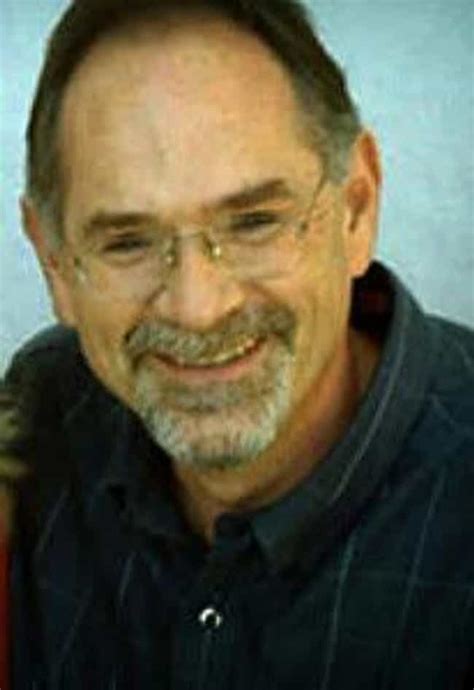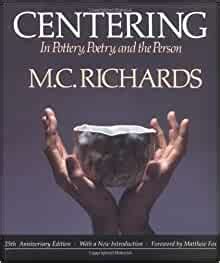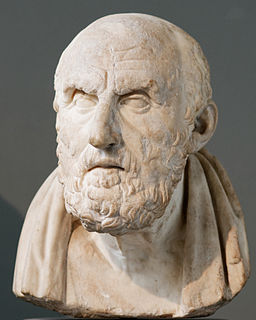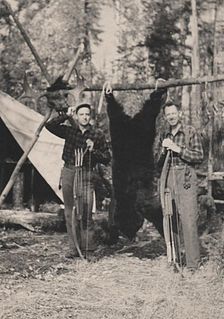A Quote by Sylvia Fraser
As the arrow that leaves the bow cannot be recaptured, what we say, senselessly, about others causes us great harm.
Related Quotes
I am a very good archer. I use archery as my way of meditation. I cannot sit down and just meditate in the classical sense. I am very active. So, I use archery. I have my bow, my arrow and I use this tension and relaxation in the second after throwing the arrow. And it is my way to meditate and this is the only thing that clears my mind. When I do archery, I am totally there with my bow, my target, my arrow, and I don't think, I am communion with the universe.
The bow of God's wrath is bent, and His arrows made ready upon the string. Justice points the arrow at your heart and strings the bow. It is nothing but the mere pleasure of God (and that of an angry God without any promise or obligation at all) that keeps the arrow one moment from being made drunk with your blood.
From the seed grows a root, then a sprout; from the sprout, the seedling leaves; from the leaves, the stem; around the stem, the branches; at the top, the flower. . . We cannot say that the seed causes the growth, nor that the soil does. We can say that the potentialities for growth lie within the seed, in mysterious life forces, which, when properly fostered, take on certain forms.
If you understand real practice, then archery or other activities can be zen. If you don't understand how to practice archery in its true sense, then even though you practice very hard, what you acquire is just technique. It won't help you through and through. Perhaps you can hit the mark without trying, but without a bow and arrow you cannot do anything. If you understand the point of practice, then even without a bow and arrow the archery will help you. How you get that kind of power or ability is only through right practice.
It is one thing to say that science is only equipped to test for natural causes and cannot speak to any others. It is quite another to insist that science proves that no other causes could possibly exist. . . . There would be no experimental model for testing the statement: 'No supernatural cause for any natural phenomenon is possible.' It is therefore a philosophical presupposition and not a scientific finding.
In our concern for others, we worry less about ourselves. When we worry less about ourselves an experience of our own suffering is less intense. What does this tell us? Firstly, because our every action has a universal dimension, a potential impact on others' happiness, ethics are necessary as a means to ensure that we do not harm others. Secondly, it tells us that genuine happiness consists in those spiritual qualities of love, compassion, patience, tolerance and forgiveness and so on. For it is these which provide both for our happiness and others' happiness.





































